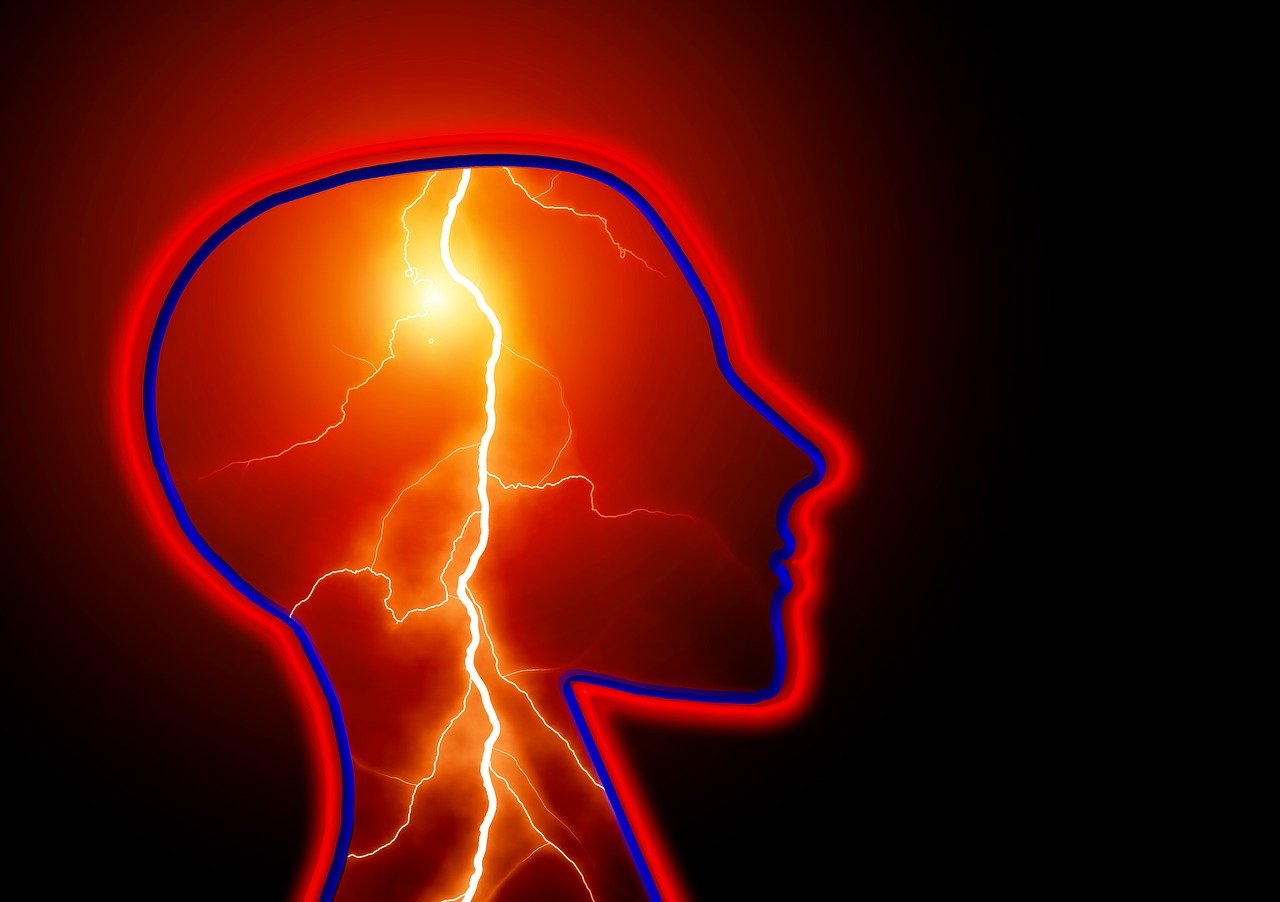Support for stroke patients: Rehab services to be extended
Updated guidance for health services in England and Wales states stroke patients should be offered additional rehabilitation on the NHS.
Originally advice from the National Institute for Health and Care Excellence (NICE), which was published in 2013, said stroke patients need rehab services for 45 minutes a day, however, they now believe patients require more intensive therapy for recovery and is suggesting three hours a day for five days a week.
One of the main reasons for changing the recommended amount of support was that whilst reviewing evidence, NICE said more intensive rehabilitation improves survivors quality of life and ability to complete daily tasks such as feeding and dressing yourself.
However, whilst health experts have welcomed the changes, they are questioning how feasible it will be to deliver with an already-stretched NHS.
Professor Jonathan Benger, chief medical officer at NICE, said: ‘We recognise the challenges the system faces in delivering these recommendations, not least the problems inherent in increasing service capacity and staff.
‘We also know current practice is inconsistent, even when it comes to implementing our previous recommendations.
‘But equally, it shouldn’t be underestimated how important it is for people who have been left with disabilities following a stroke to be given the opportunity to benefit from the intensity and duration of rehabilitation therapies outlined in this updated guideline.’
A stroke occurs when blood supply is cut off from parts of the brain, killing some cells. They are common and can affect people of ages – although they usually affect older people, around 400 children in the UK experience a stroke every year.
There are around 85,000 strokes every year in England, and around a million stroke survivors, many of whom are forced to live with long-term effects.
If a stroke is really severe, people’s speech can be impacted for the rest of their lives and some individuals can be left without the ability to use certain parts of their bodies. However, some injuries can be reversed with help from health teams providing services such as occupational speech therapy and physiotherapy.
An NHS spokesperson told the BBC: ‘Despite the current workforce and capacity pressures acknowledged by NICE, the NHS is delivering high-quality specialist support for stroke patients – including through physiotherapy, occupational therapy and speech and language therapy – closer to patients’ home.’
Image: geralt

















